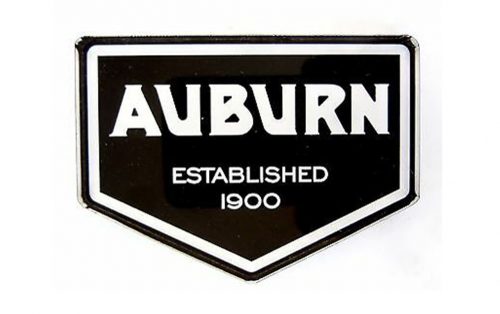Auburn was a brand name of American automobiles produced from 1900 to 1937, most known for the Auburn Speedster models it produced, which were fast, good-looking and expensive. However, after the 1929 Wall Street Crash, and the economic downturn that ensued, Auburn's expensive automobiles, along with its also very expensive sister marques Duesenberg and Cord, saw inevitable sales downturns, and all vehicle business halted in 1937.
After a 1940 bankruptcy reorganization, the former Auburn Automobile Co. merged with the Central Manufacturing Company into Auburn Central Manufacturing (ACM) Corporation, which received large amounts of World War II production work, so much so, that in 1943, they rebranded ACM as American Central Manufacturing. One of their most notable WW II contributions involved manufacturing the bodies of at least three quarters, or about half a million, of the World War II.

